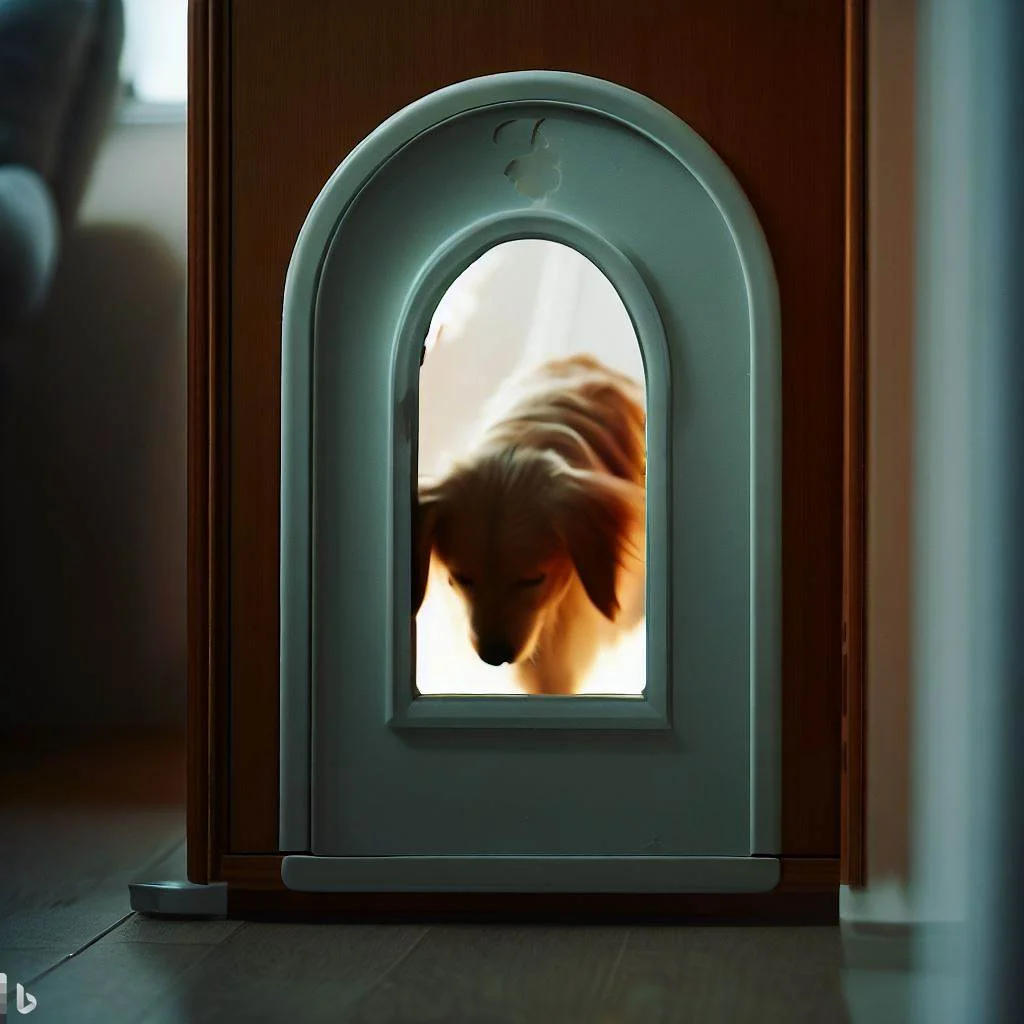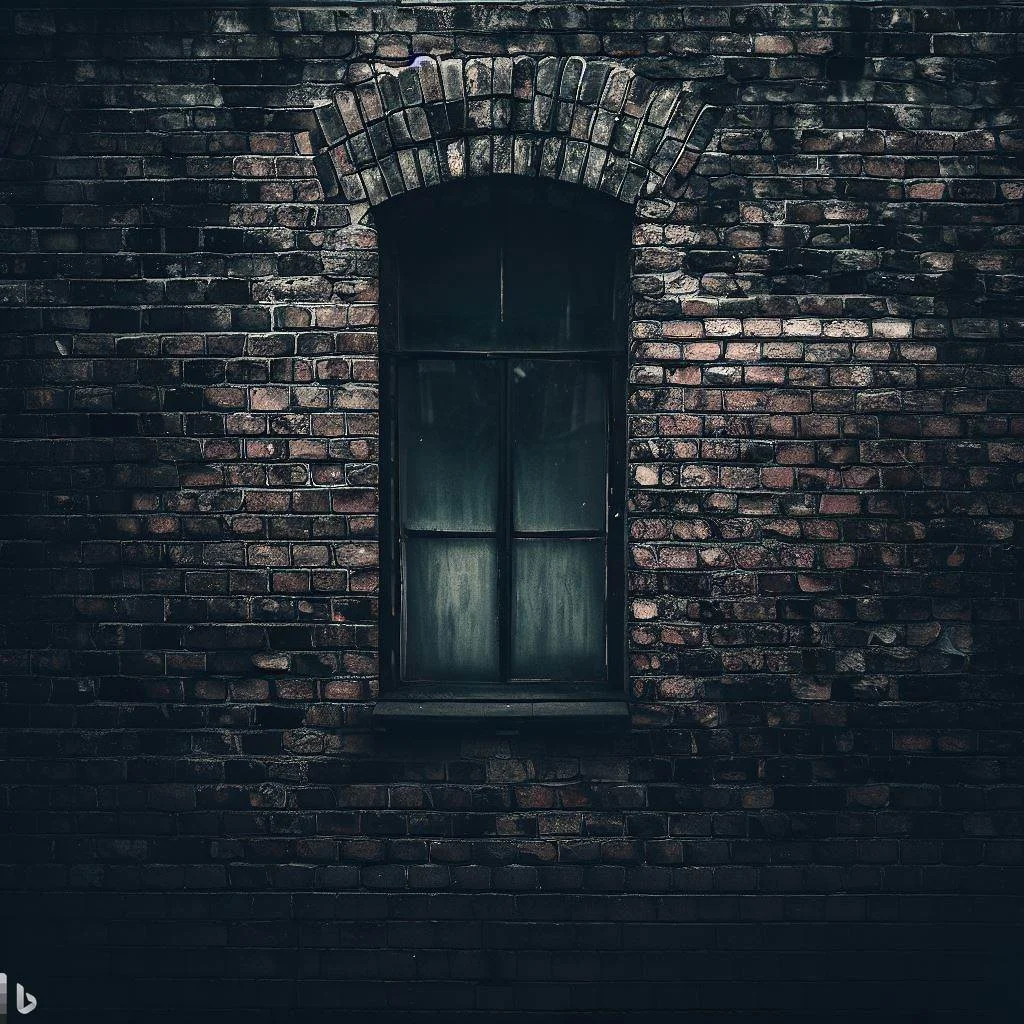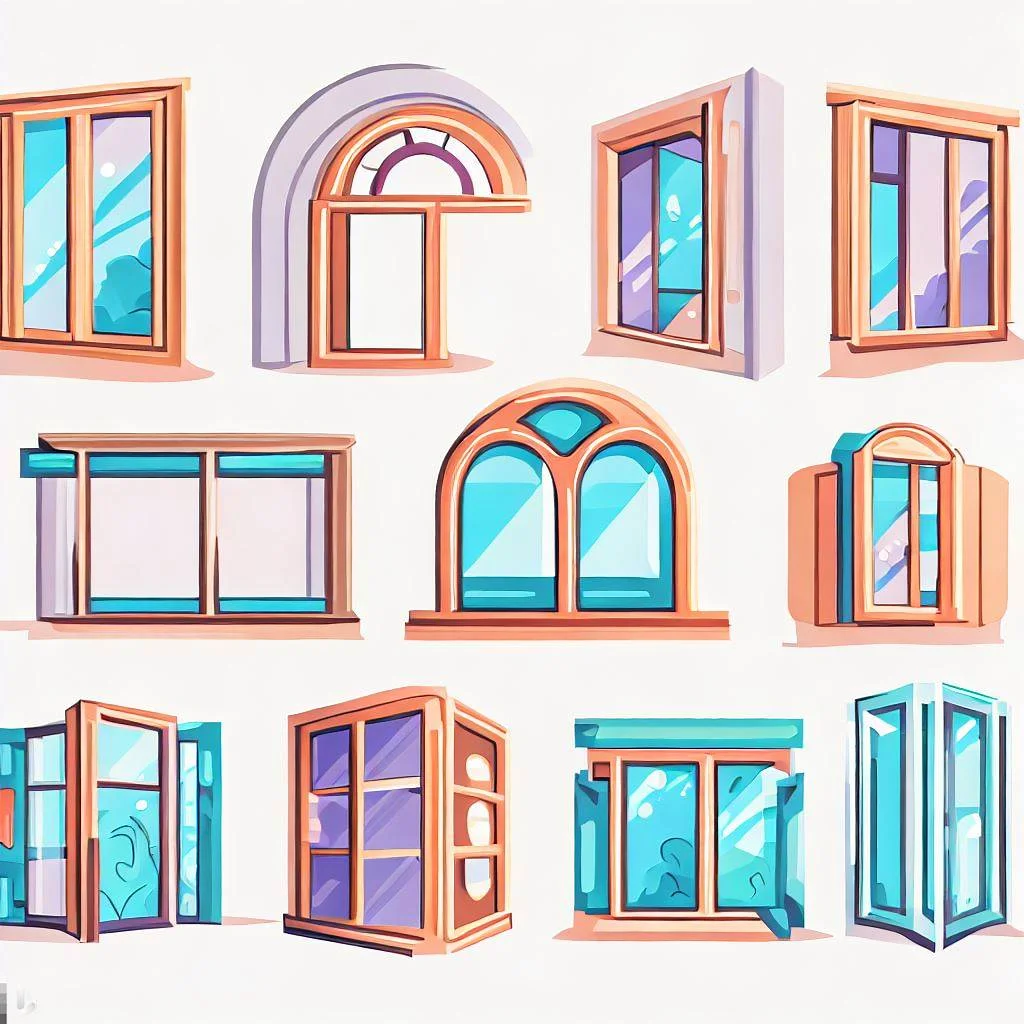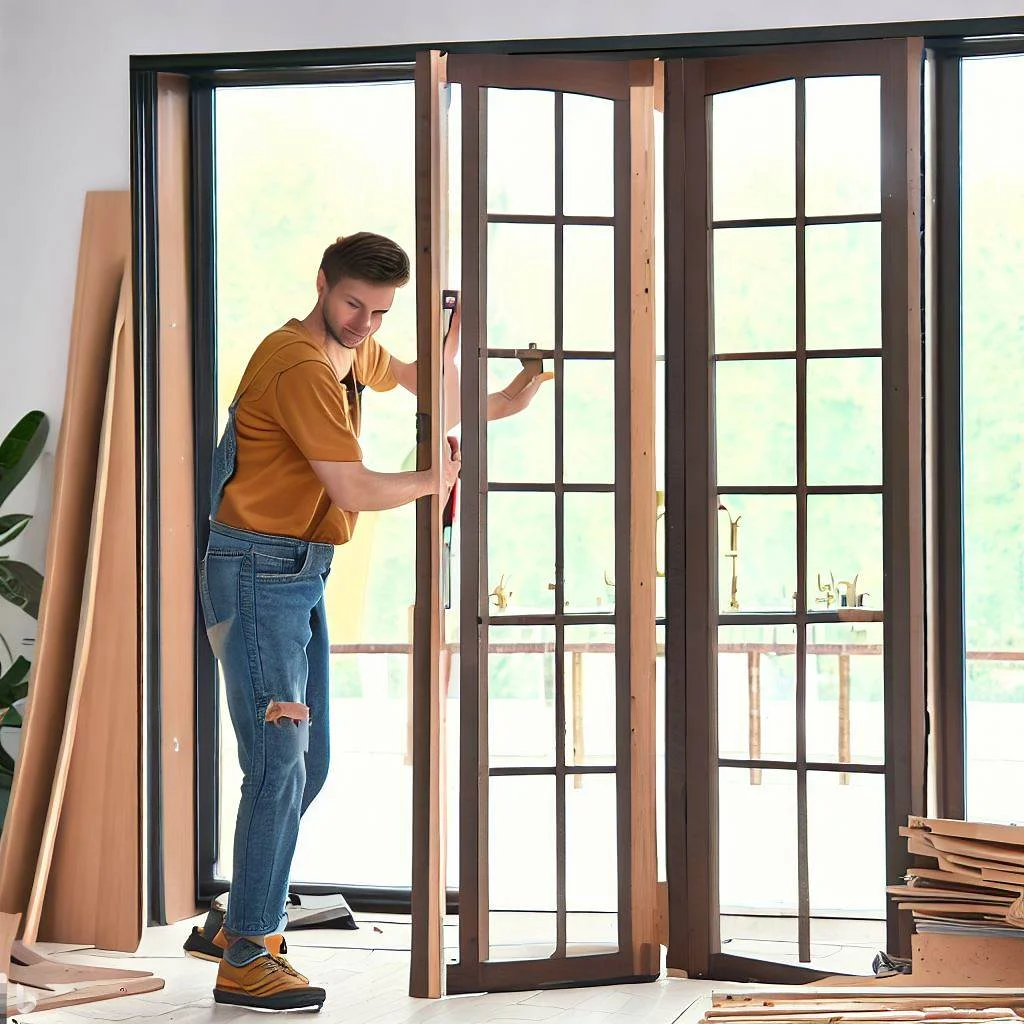Windows are not only a source of natural light and ventilation; they also play a crucial role in energy efficiency, soundproofing capabilities, and privacy within our living spaces. When it comes to choosing the right glass for your windows, there are several options available, each with its own set of benefits and optimal applications. In this comprehensive article, we will delve into various glass types, including clear, tinted, reflective, frosted, low-emissivity (Low-E), and insulated glass, to provide you with a thorough understanding of how different glass choices can contribute to your desired outcomes.
1. Clear Glass: Clear glass is the most common and traditional type of glass used in windows. It offers maximum visible light transmission, allowing abundant natural light to enter the room. Clear glass provides unobstructed views, making it ideal for spaces where you want to enjoy the scenery outside. However, it offers minimal insulation and can allow a significant amount of heat transfer, which may increase your cooling and heating costs.
2. Tinted Glass: Tinted glass is treated with a thin coating that reduces the amount of visible light and solar heat gain transmitted through the window. This type of glass helps control glare, minimizes UV radiation, and reduces the amount of heat entering the building. Tinted glass comes in various shades, such as gray, bronze, and blue, allowing you to customize the aesthetics of your windows. However, it is important to strike a balance between visible light transmission and solar heat reduction to ensure optimal energy efficiency.
3. Reflective Glass: Reflective glass, also known as mirrored glass or one-way glass, has a metallic coating that reflects a significant portion of the incoming solar radiation. This type of glass provides excellent solar heat reduction, making it ideal for regions with intense sunlight. Reflective glass also offers privacy during the daytime, as it creates a mirrored effect on the outside, preventing outsiders from looking inside. However, it is important to note that reflective glass may reduce visibility from the inside looking out at night.
4. Frosted Glass: Frosted glass features a textured or etched surface that scatters light, providing privacy while still allowing natural light to enter the room. It is commonly used in bathrooms, office partitions, and areas where privacy is paramount. Frosted glass can be either translucent or opaque, depending on the level of privacy desired. While it offers limited visibility, it may not be the best choice for areas where maintaining a clear view is important.
5. Low-E Glass: Low-emissivity (Low-E) glass is coated with a thin, virtually invisible metallic layer that helps to reflect heat back to its source, reducing heat transfer through the window. It helps keep the interior cool in summer and warm in winter, improving energy efficiency and reducing heating and cooling costs. Low-E glass also helps to minimize UV radiation, which can fade and damage furnishings, flooring, and artwork over time.
6. Insulated Glass: Insulated glass, commonly known as double glazing or triple glazing, consists of two or three panes of glass separated by an insulating spacer filled with air or gas. The space between the panes acts as an additional barrier against heat transfer and sound transmission. Insulated glass provides superior insulation, reducing energy loss and improving overall energy efficiency. It also offers enhanced soundproofing capabilities, making it ideal for areas near noisy environments or busy streets.
7. Soundproofing and Privacy Considerations: In addition to energy efficiency, it's important to consider soundproofing and privacy when selecting window glass. If you live in a noisy area or near a busy road, selecting windows with soundproofing properties can significantly improve your living environment. Look for windows with laminated glass or double-glazed windows with an air or gas-filled space, as they provide better sound insulation.
For enhanced privacy, various glass options can be utilized. Frosted glass, as mentioned earlier, offers privacy while still allowing natural light to filter through. There are also privacy glass options available that use liquid crystal technology, allowing you to switch between transparent and opaque states with the flick of a switch.
It's important to note that the choice of window frames and proper installation also play a vital role in achieving optimal energy efficiency, soundproofing, and privacy. Ensure that the frames are well-insulated and properly sealed to prevent air leakage.
In conclusion, selecting the right window glass involves considering various factors such as energy efficiency, soundproofing capabilities, and privacy requirements. Each type of glass has its own advantages and applications, so it's crucial to assess your specific needs and consult with professionals to make an informed decision. By choosing the appropriate glass for your windows, you can enhance energy efficiency, improve acoustic insulation, and maintain privacy within your living spaces, creating a comfortable and efficient environment that meets your unique needs.



